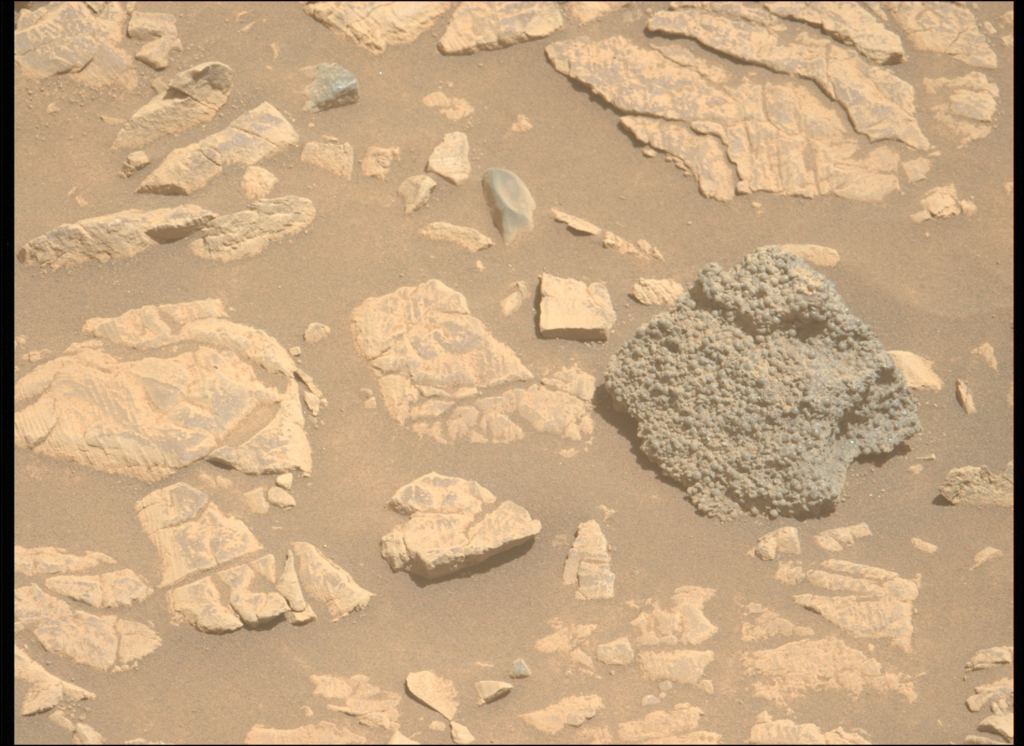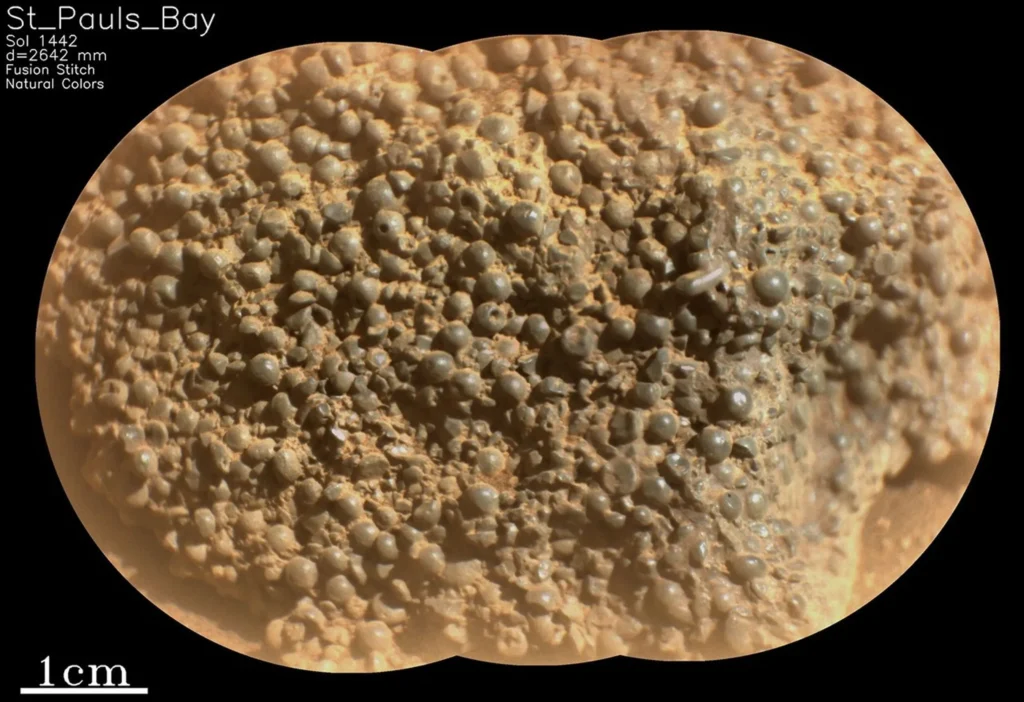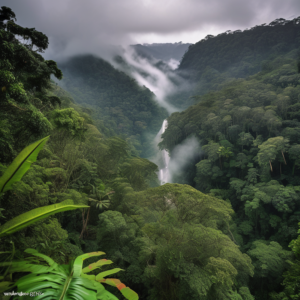NASA’s Mars rovers, Perseverance and Curiosity, have recently made significant discoveries that enhance our understanding of the Red Planet’s potential to have once harbored life.

Image: NASA/JPL-Caltech/ASU
Curiosity, which has been exploring Mars since 2012, detected long-chain alkanes in a 3.7 billion-year-old rock from Yellowknife Bay. These organic compounds, essential components of cell membranes in terrestrial organisms, suggest that Mars had conditions conducive to life in its ancient past.
Perseverance, which landed in Jezero Crater in 2021, identified a rock formation named “Cheyava Falls” containing organic compounds and minerals indicative of historical water activity. These findings point to the possibility of past microbial life on Mars.
These discoveries underscore the importance of continued exploration and sample-return missions to Mars, aiming to provide deeper insights into the planet’s history and its potential to have supported life.

Image: NASAJPL-CaltechLANLCNESIRAP







